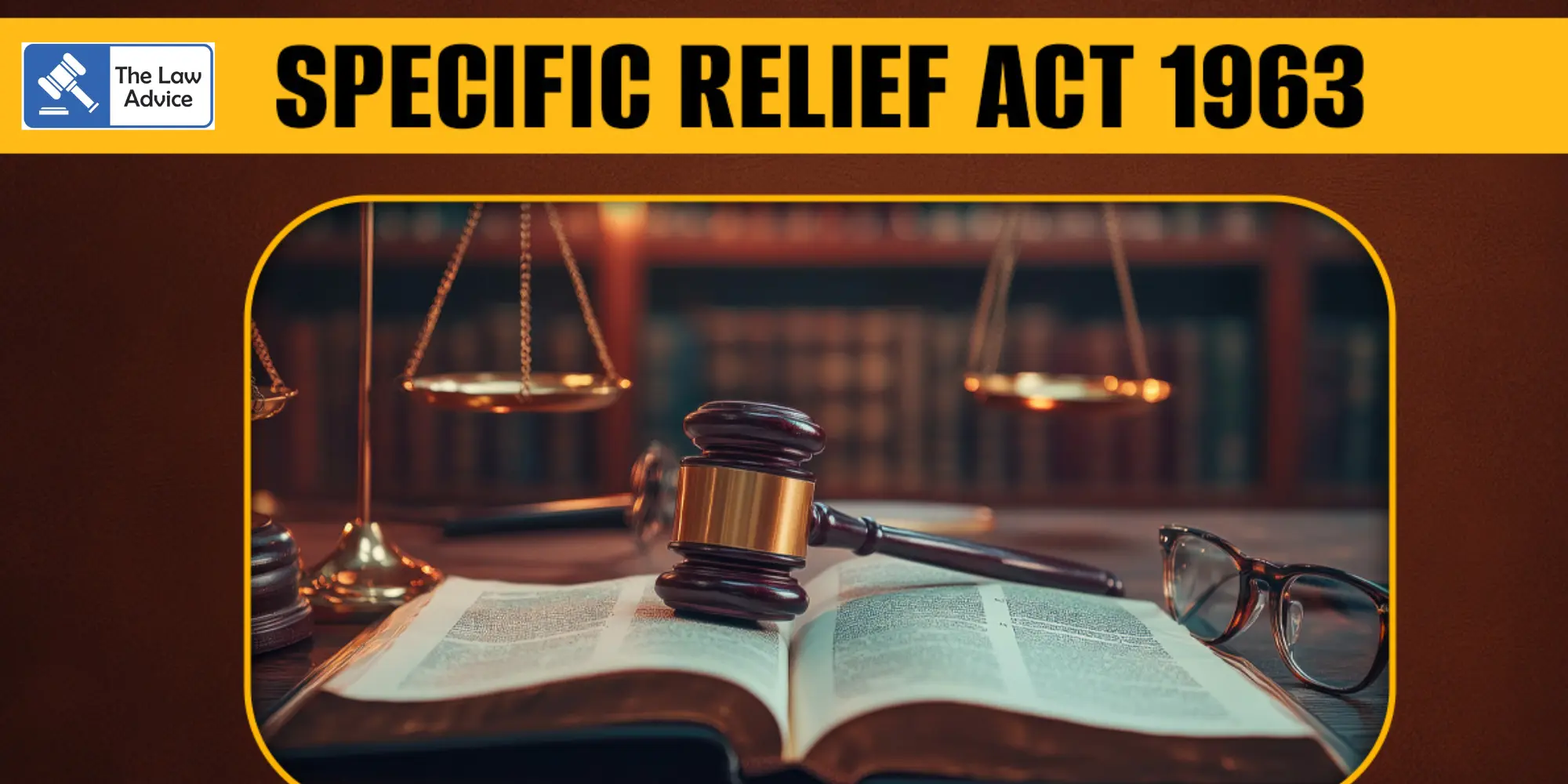
The Supreme Court has clarified the scope of Section 19(b) of the Specific Relief Act, 1963, holding that a subsequent purchaser who merely relies on the vendor’s claims without undertaking any independent verification cannot assert the protection of a bona fide purchaser for value without notice.
A Bench of Justices JB Pardiwala and R Mahadevan rejected the contention of subsequent purchasers who claimed that they had no notice of the earlier Agreement to Sell (ATS). The Court noted that the purchasers were aware that the earlier contract had been terminated unilaterally by the vendor, a termination that was legally invalid. As such, the original vendees were entitled to seek specific performance.
An ATS was executed in April 2000 for approximately 354 acres of agricultural land in Haveri district, Karnataka. The vendors accepted ₹2 lakh as advance out of a total consideration of about ₹26 lakh. In 2003, the vendors issued a unilateral termination notice citing a status quo order and the death of one vendor. The original vendees continued to assert their rights. In 2007, the land was sold to new purchasers, who later argued that they were bona fide buyers.
The trial court denied specific performance and granted refund and damages. The High Court reversed this, holding that the subsequent purchasers had notice and were not protected under Section 19(b). The purchasers appealed to the Supreme Court.
Unilateral Termination Should Have Triggered Inquiry
The Supreme Court held that the termination notice relied on by the purchasers clearly showed unilateral cancellation. This alone was sufficient to raise doubt and required the purchasers to inquire whether the vendees disputed the termination. The notice itself contained the vendees’ names and addresses, providing a direct means of verification.
The Court observed that the purchasers consciously abstained from investigation despite having clear knowledge of:
– the original ATS of 28.04.2000;
– payment of earnest money;
– the unilateral nature of termination; and
– ongoing contest by the vendees until 2005.
Such abstention amounted to constructive notice, defeating any claim of good faith.
No Protection Under Section 19(b)
Reiterating established principles, the Court stated that to claim protection under Section 19(b), the purchaser must show:
(a) consideration paid;
(b) good faith; and
(c) absence of notice—actual or constructive.
Where means of knowledge exist and are ignored, notice is imputed. Equity does not assist a purchaser who deliberately avoids inquiry.
Holding that the purchasers failed the requirement of good faith and acted with “studied indifference,” the Court upheld the High Court’s direction for specific performance in favour of the original vendees. It also reaffirmed that unilateral termination of an agreement is invalid unless expressly permitted by the terms of the contract.
Cause Title: K. S. Manjunath & Ors. v. Moorasavirappa @ Muttanna Chennappa Batil (Deceased) by LRs & Ors.
Website designed, developed and maintained by webexy